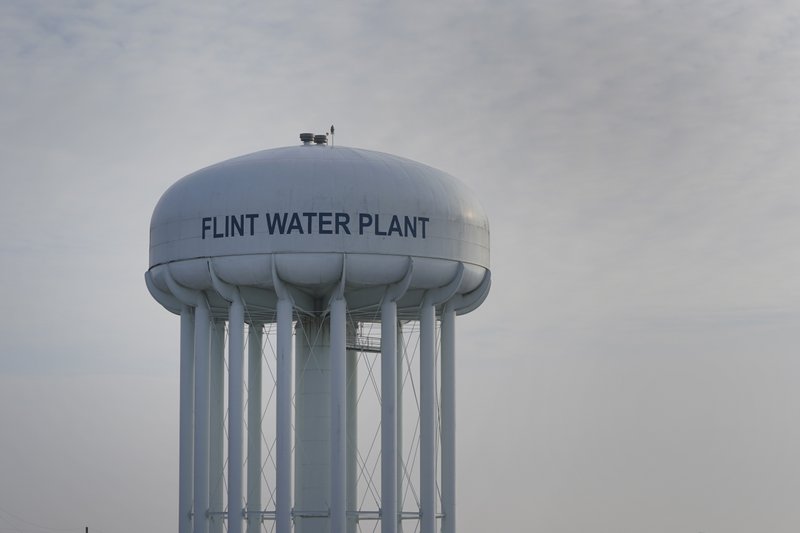Michigan will pay Liane Shekter Smith $300K after Flint water scandal firing
The state has agreed to pay the former director of the state’s drinking water division as a result of using her as a "public scapegoat" for the Flint water crisis
The state of Michigan has agreed to pay $300,000 to the only employee who was fired as a result of the lead-contaminated water crisis in Flint.
The settlement deal with Liane Shekter Smith came after an arbitrator found that she was wrongly fired in 2016 by officials who used her as a “public scapegoat” at the height of the water crisis.
Smith was the head of the state’s drinking water division during the unraveling of the Flint water crisis from 2014 to 2016.
Dubbed one of the worst environmental disasters in U.S. history, Flint city officials changed the source of the water supply without employing proper safety protocols, which resulted in a contamination of lead and other harmful chemicals in the water.
The negligence exposed nearly 100,000 residents to unsafe water and caused 12 deaths in the area. More than half of Flint’s residents are Black.
Smith was fired by the director of the Michigan Department of Natural Resources, Keith Creagh, and was later charged with misconduct in office and neglect of duty.
“The department has decided to agree to the settlement amount of $300,000, which resolves the dispute and allows both the agency and Ms. Shekter Smith to move forward,” said spokesman for the Department of Environment, Great Lakes and Energy, Hugh McDiarmid Jr.
The state had until this week to appeal the order, but instead agreed to settle with Smith to close the case.

The city decided to make a money-saving decision by switching the water supply to the Flint River in 2014. The highly corrosive water was not properly treated before flowing into aging pipes which eventually released lead in the water. The water was then distributed to the residents of the city.
Despite complaints about the smell, taste and appearance of the water, city officials were slow to act until some scientific studies found that the water had deadly levels of lead and other bacteria.
In January 2016, Michigan’s then-Governor Rick Snyder declared a state of emergency in Genesee County, followed by former President Barack Obama’s declaration of a federal state of emergency for the county.
The city switched its water source back to the Detroit water system in 2015, but residents did not get clean water until February 2019.

Officials in the city were sharply criticized for ignoring residents’ outcries about the quality of the water.
Many linked the disaster to environmental racism due to Flint’s large Black population and emphasized the lack of protection from the government.
“It’s a community water system that was obviously having some issues,” Smith told the arbitrator about the time during the crises. “I’m keeping an eye on being kept informed, keeping my management informed, but there were a lot of other things going on in the office at the time.”
Smith was fired due to her “failure of leadership,” and Creagh was appointed to take over the department.
The arbitrator, Sheldon Stark, found a “plausible conclusion that political considerations were at play” in the dismissal of Smith because others with a more direct role in Flint were not terminated.
As a part of the settlement, Smith agreed not to seek her job back and her involuntary resignation will be changed to a voluntary one.
Have you subscribed to the Grio podcasts, ‘Dear Culture’ or Acting Up? Download our newest episodes now!
TheGrio is now on Apple TV, Amazon Fire, and Roku. Download theGrio today!


